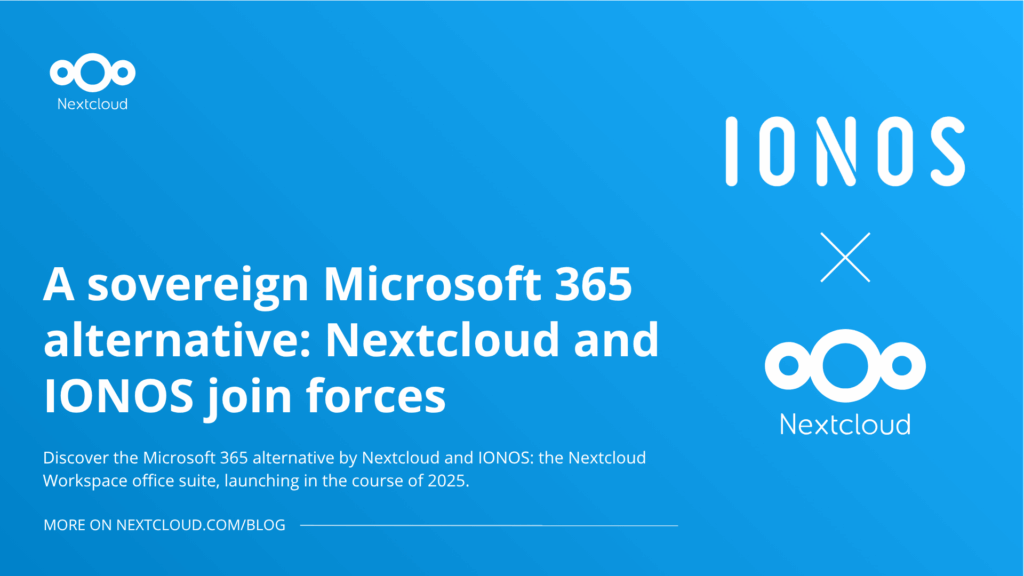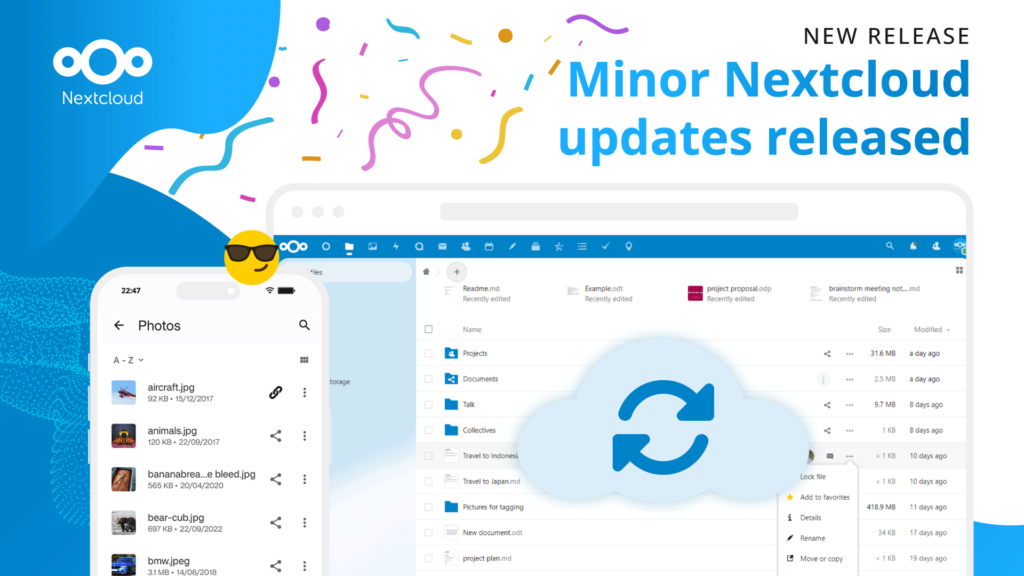8 ways businesses benefit from purchasing open source
Why would you prefer an open source solution over a proprietary one? 8 good reasons reasons why you benefit from purchasing open source solutions!
1. Independence guarantees longevity
Forbes notes that 90% of all startups fail and less than half of small and medium businesses survive beyond 5 years. With migrations being the pain they are, it is a bad idea to rely on vendors shipping a product only they can sustain!
Open Source enables communities to build software collaboratively. For example, Open Stack is built by dozens of companies and individual volunteers, providing customers the certainty that no matter what happens to any individual vendor, they can find a vendor to provide support. With open source, a business makes a long-term investment in the efforts your team has put in to get the product implemented. Access to the source ensures that you will always be able to hire a freelancer from the pool of contributors to make sure your deployment stays alive as long as you need it.
2. Easier vetting of vendors
You’re about to invest engineering and financial resources in integrating a product in your infrastructure. You want a product which is developed actively, brings you fixes for problems regularly, as well as new innovations when you’re ready for it. How do you know you don’t invest in a product which is a dead end? As open source development is open you can compare various products from vendors by looking at the development velocity and health of the development community. A more active, diverse and healthy community will result in a better product one or two years down the line – an important thing to consider. Of course, as Red Hat points out in this blog about enterprise open source, the vendor needs to be capable of handling the instability which comes from the innovation by the development project–look for a vendor with a long support cycle to not be put on that upgrade mill!

You can see how a project is doing on analysis sites like OpenHub.
3. Better security
The open development is a key factor and a pre-condition for superior security, a prime concern for many organizations these days. You can verify if a vendor is actively pursuing security, looking at how it treats issues with it directly. The ability to study the source and perform independent code audits makes it possible to find security issues early and to fix them in time. Vendors like Nextcloud give a Security Bug Bounty of thousands of dollars as extra incentive and a show of confidence in their product.
Beyond code, open development also means open processes, so you can check and see if a vendor follows baseline industry standard development processes as recommended in standards like ISO27001, Cloud Security Principles and others. Of course, an external review by a trusted party like the NCC Group offers additional assurance.
4. More customer focus
As users and customers can directly see and get involved in development, open source projects are typically more aligned with the needs of their users than closed source software which often has a focus on ticking some check boxes for the marketing team.
5. Better support
A proprietary vendor is typically the one and only party who can help you if there are problems. They don’t offer support the way you need it or charge a huge premium for adjustments to your business needs? Though luck, nothing you can do. Support for proprietary software is a typical ‚lemon market‘. With open source, the vendor either provides great support or others will fill the gap – the free market at its finest, ensuring you get the very best support possible.
6. Better licensing terms
Typical software licenses are full of awful clauses, usually topped off with forced arbitrage so you won’t even have a chance to sue if the vendor misbehaves. Part of the problem here is that you merely license a right to use the software, often entirely at discretion of the vendor. You get no ownership, nor any rights in case the software doesn’t work, stops working or if the vendor demands more payments. Open Source licenses like the GPL are specifically designed to protect the customer rather than the vendor, ensuring you get to use the software however you need and without arbitrary limitations, for as long as you like.
7. Better understood license
Thanks to their wide usage, the implications of licenses like the GPL and derivative licenses are widely understood. For example, you can be assured that the license allows your existing (open or closed) infrastructure to connect with it through well defined API’s, has no restrictions on time or number of users and won’t force you to open up configuration or intellectual property like company logos.
8. Easier compliance
Proprietary software requires you to keep a close eye on usage and compliance. Worse, on top of that some proprietary and some open core products are even shipped as a mix of AGPL licensed and proprietary licensed software, which is a license breach and risk for their customers. And, as Gartner points out, an open core model means you get none of the benefits of open source. A pure open source licensed product avoids all these issues. Instead, you have just one compliance rule: if you make modifications to the code (not configuration, logo’s or anything like that), you have to share them with those you distribute the software to–if they ask.
We’ve given you 8 reasons to prefer an open source solution over a closed one. Time to take control over your infrastructure!















